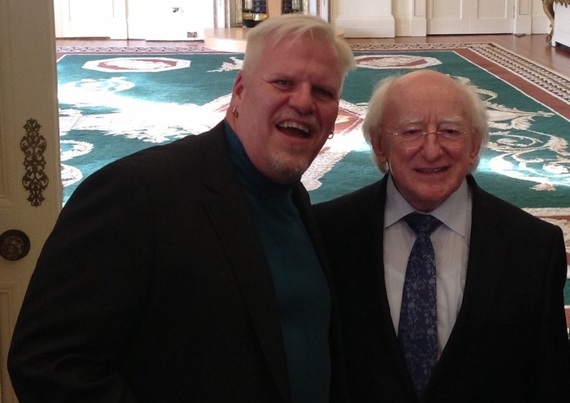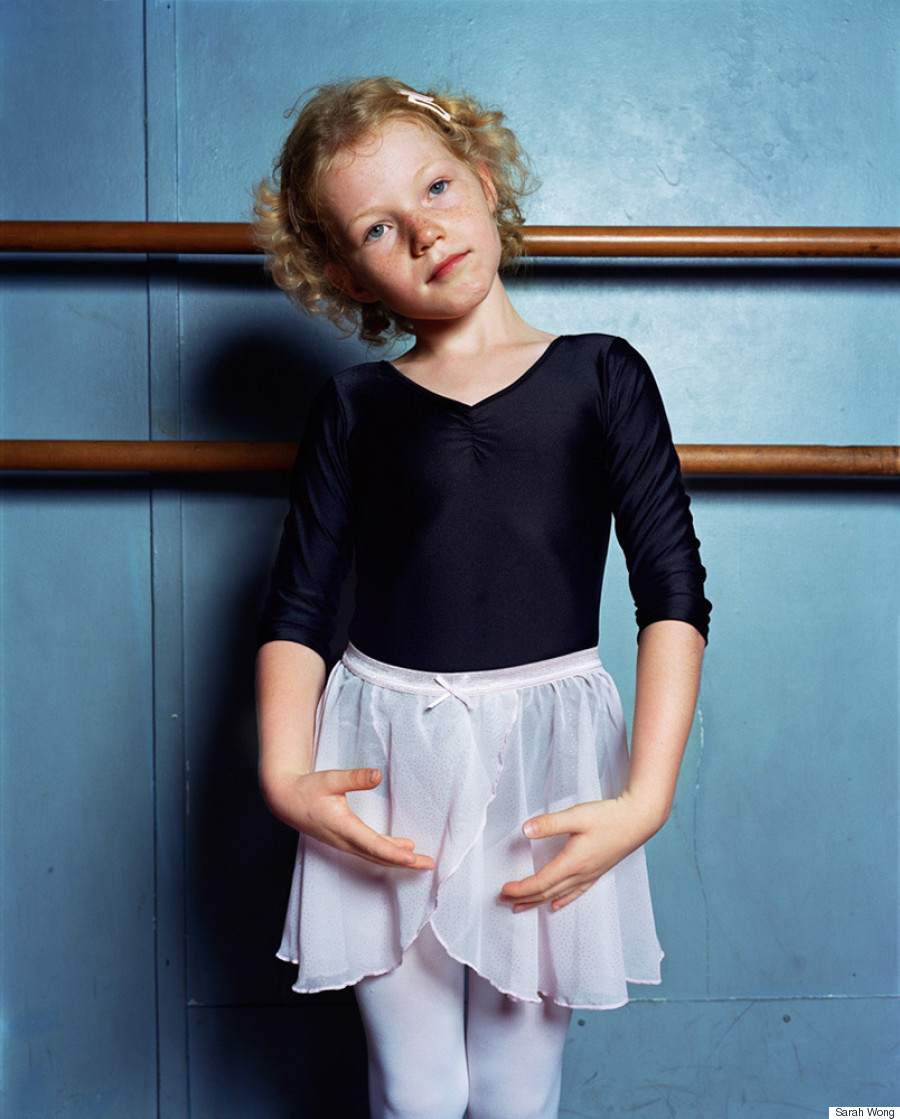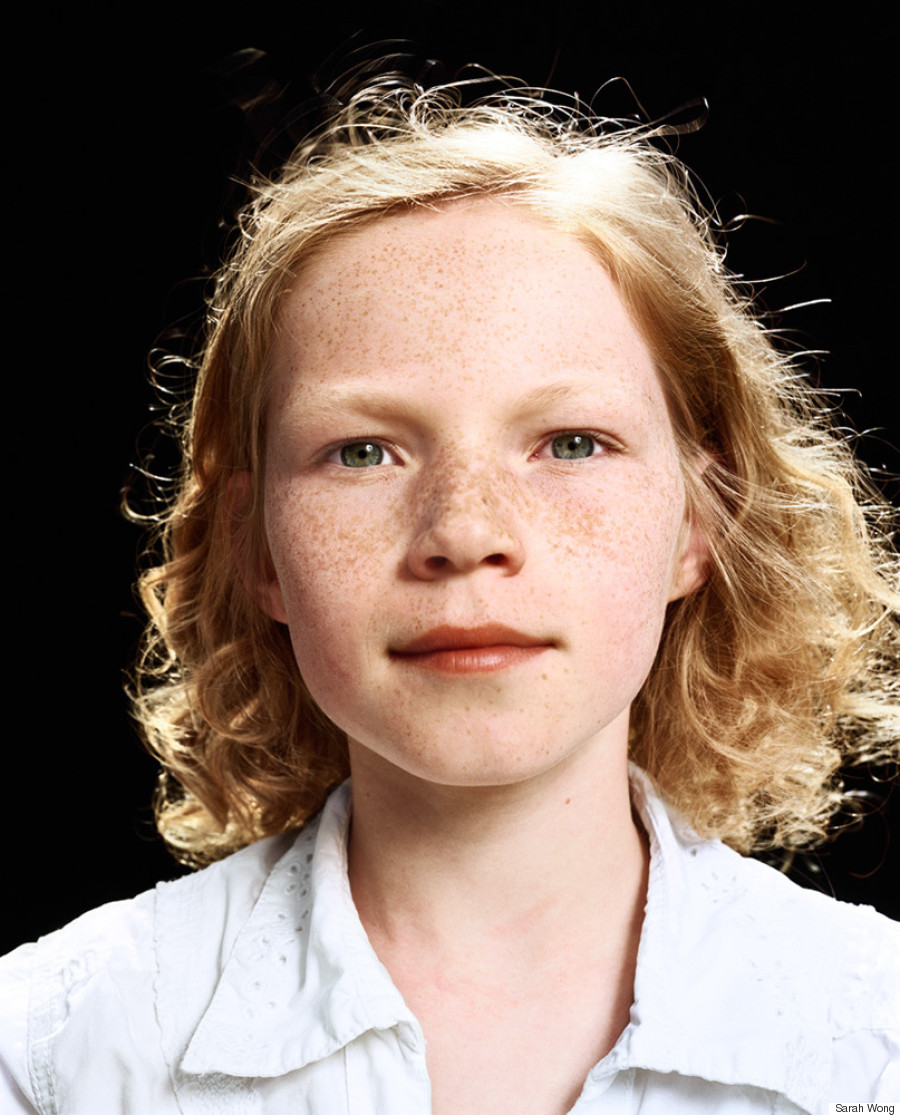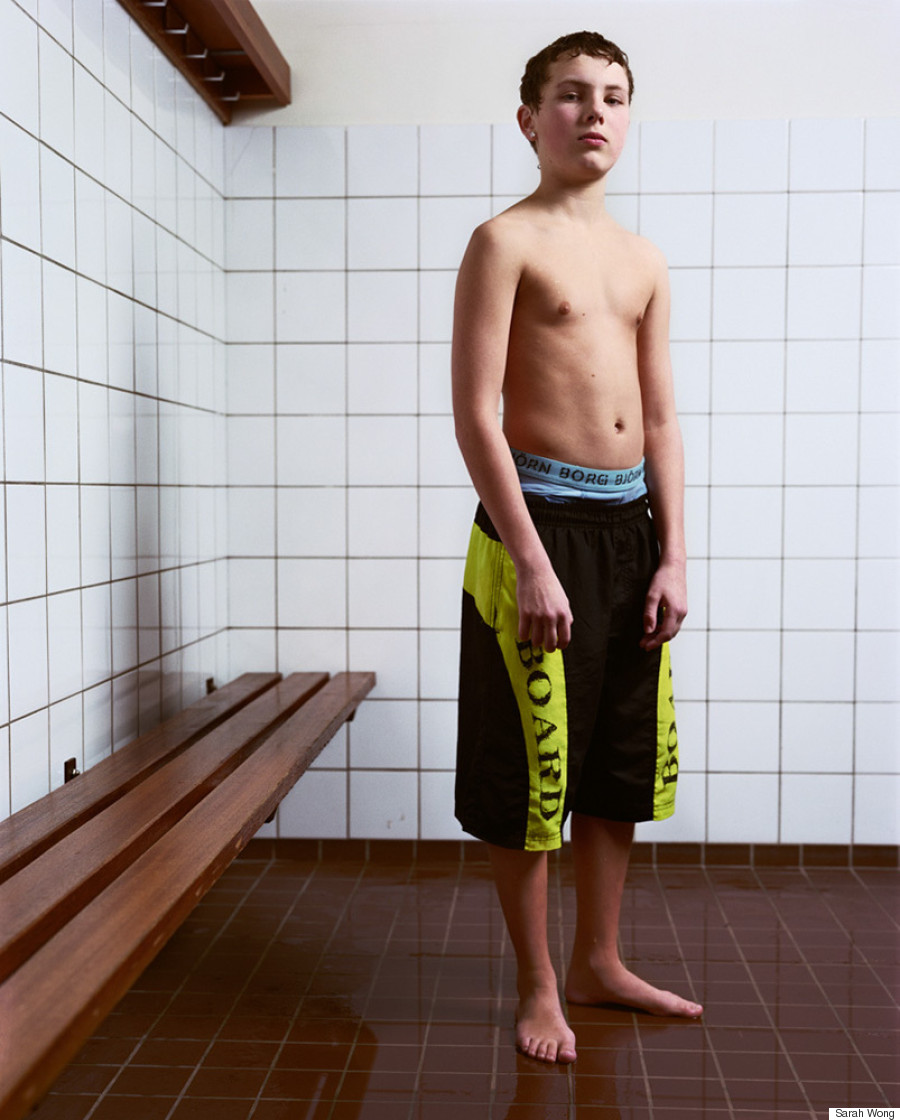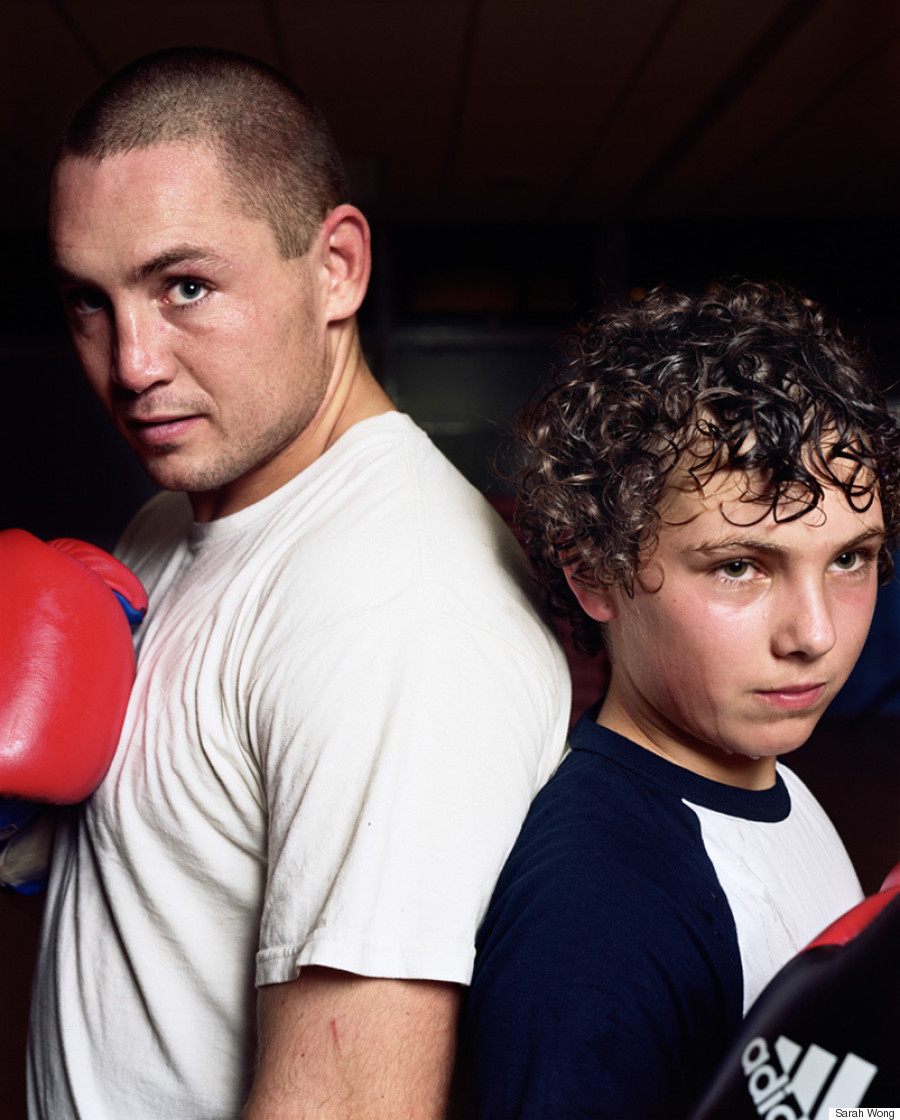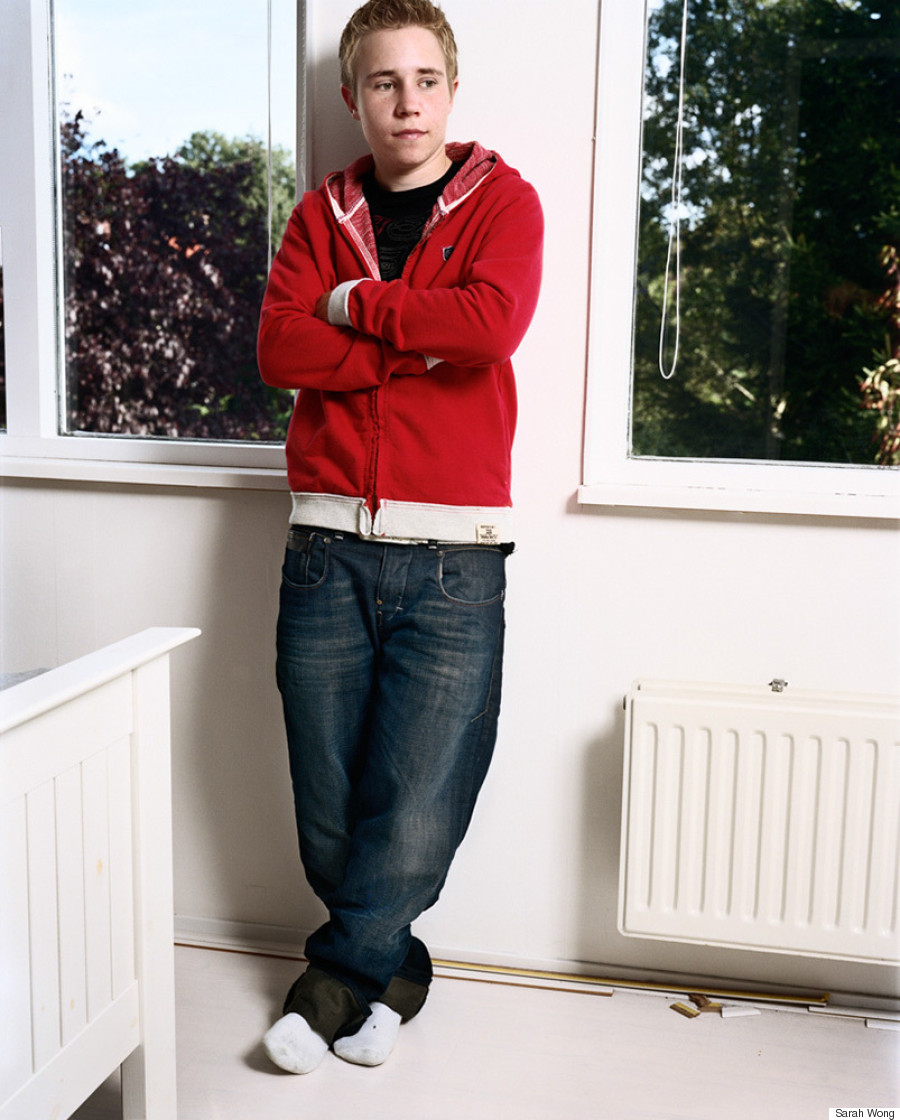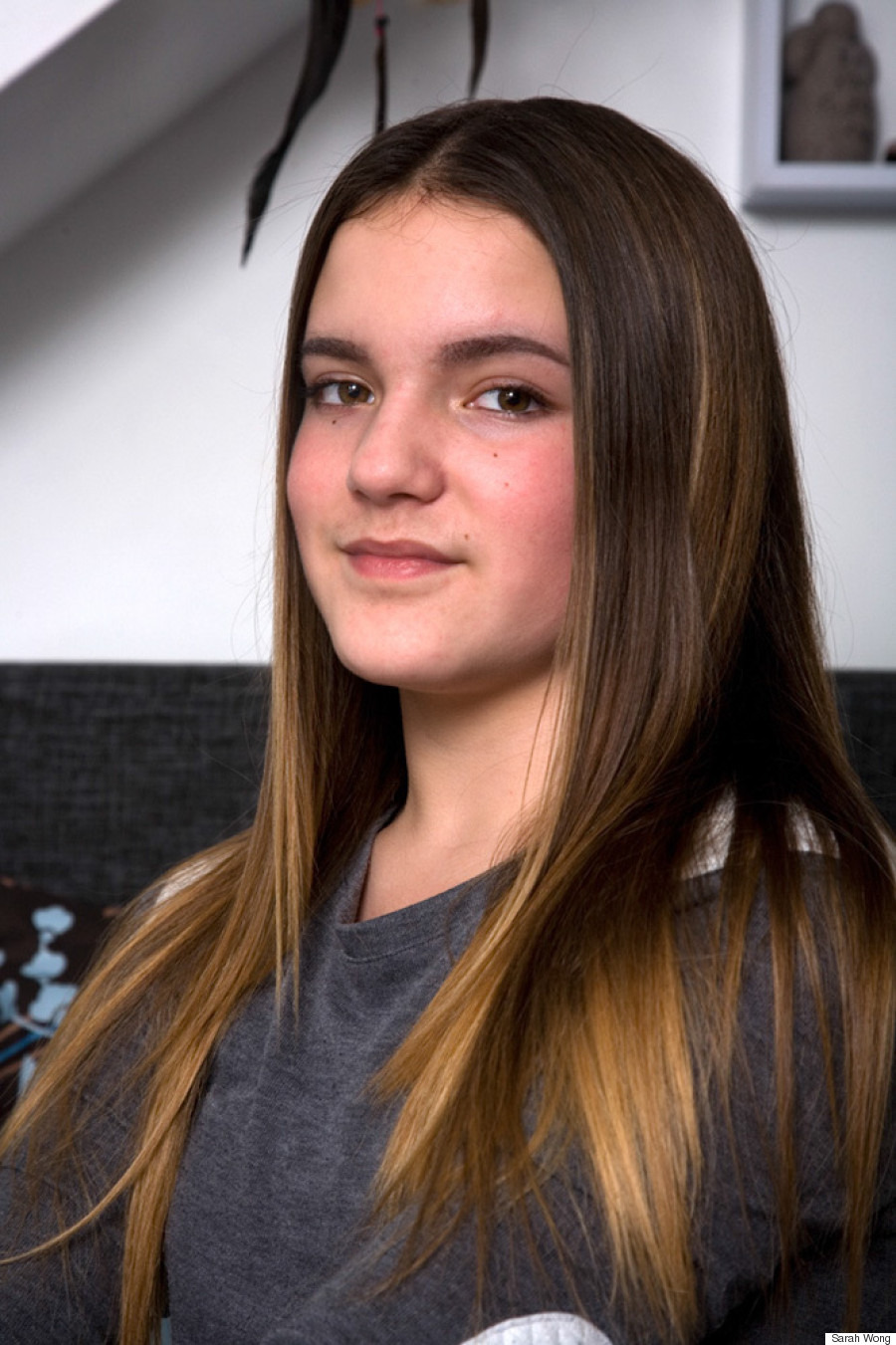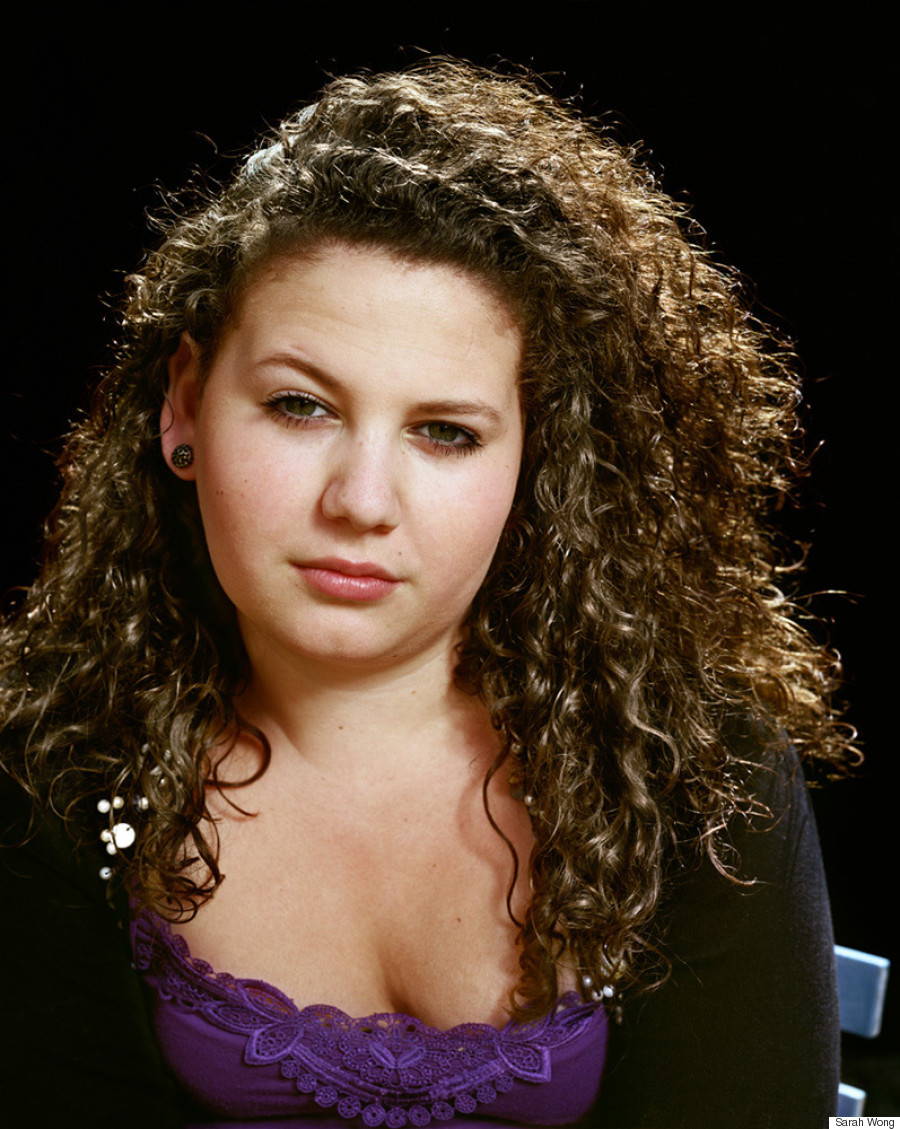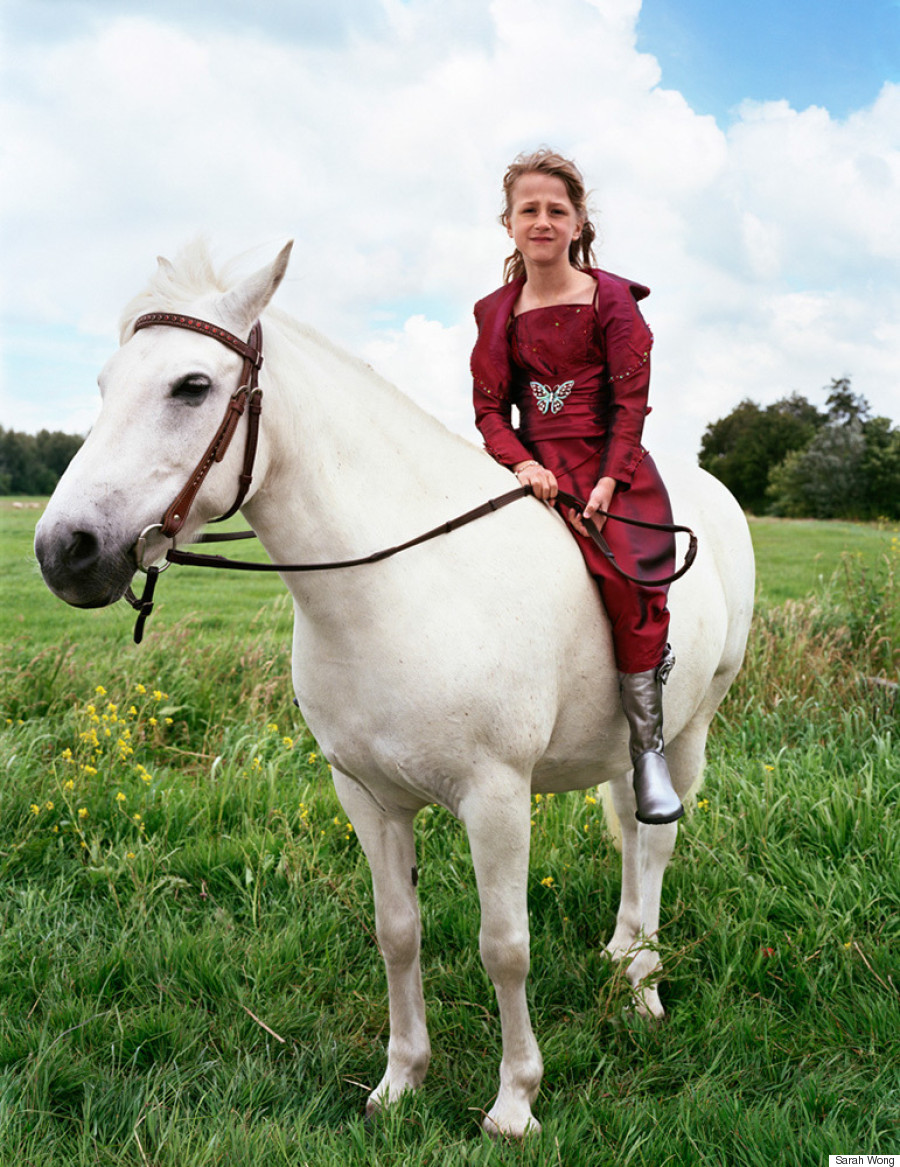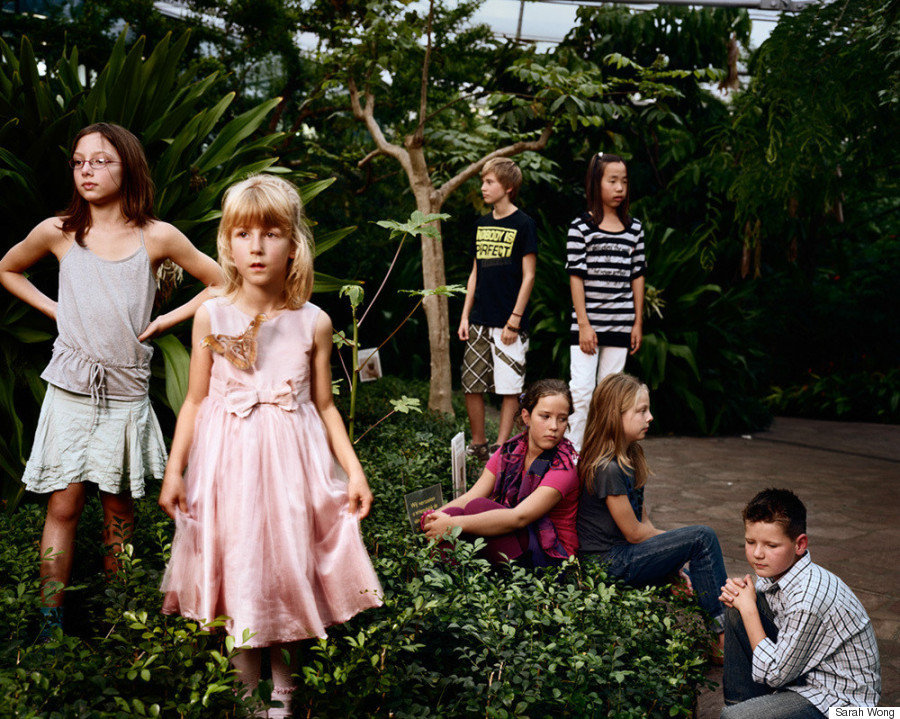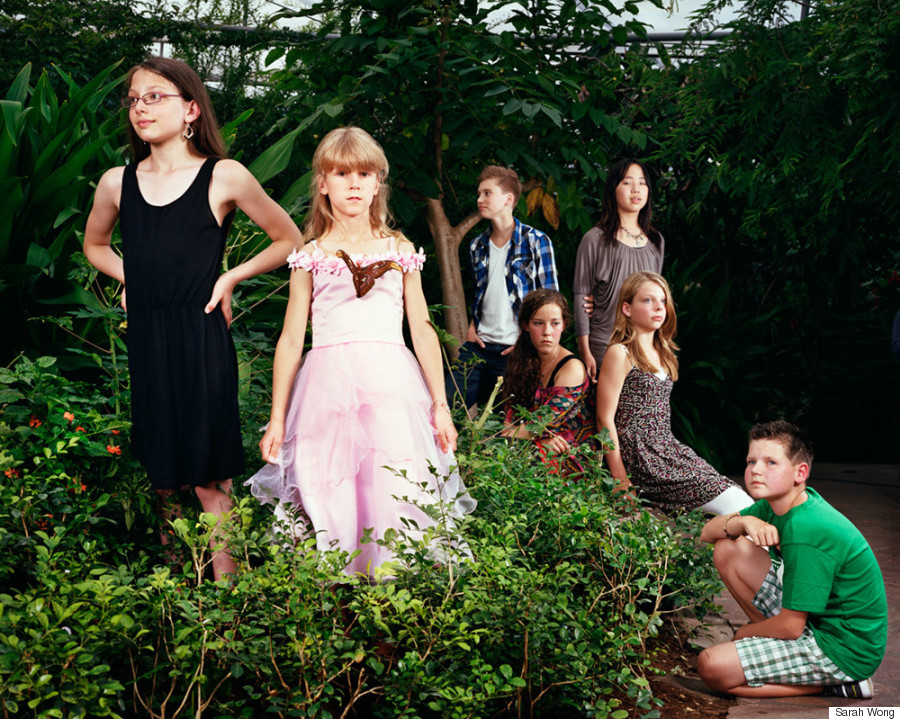The Seismic Shift in Irish Values, and One Reason It Happened
The landslide victory for marriage equality in Ireland caught some conservatives off guard. What happened to the staunchly conservative, almost fanatical Catholicism of the Irish people?
Paul Valleley, a professor of public ethics at the University of Chester, offered some important suggestions. He lists two major reasons. One is that “the Catholic Church has lost its grip on the Irish,” something he attributes to “self-destruction” by the church as a result of priestly child abuse and physical and psychological cruelty by nuns and priests at various institutions of the church, such as the infamous Magdalene laundries.
It is the second reason that I want to focus upon, however. Valleley writes:
Ireland had joined the EU, giving it access to markets much larger than previously when its trade had been predominantly with Britain. That, combined with an influx of foreign investment, transformed Ireland from one of the poorest countries in Europe to one of the wealthiest. Its economy grew so powerfully in the 1990s that Ireland became known as the Celtic tiger.
With that affluence, and an increased engagement with Europe, came a shift in social attitudes. Emigration, so long a potent norm in Irish society, fell away. Brighter and more enlightened Irish talent no longer looked abroad but remained at home and fostered change. The Economist named Ireland the best place to live in the world. “Rising material wealth seems to have expanded minds as well as wallets,” as one Irish commentator put it. Secularism became linked in the public imagination with the benefits of urban modernity and religion was relegated to an association with the poverty of the rural past.
Ireland, according to Seán Ó’Riain’s The Rise and Fall of Ireland’s Celtic Tiger, was in crisis, with “massive government debt accompanied by severe unemployment, immigration and weak labour force participation among women.” But a series of liberalizing market reforms led to “rapid economic growth and, even more significantly, exceptionally high employment growth in the second half of the decade. The numbers employed in Ireland almost doubled between 1988 and 2008, increasing by one million jobs.”
Historically, the more market-oriented the economy, the more the well-being of LGBT people increases. Politicized markets require political power, something sexual minorities rarely have, but depoliticized economies only need an entrepreneur willing to cater to a minority. Soviet-style, top-down economies would never allocate paper for books on gay issues, let alone for a thriving gay media. That required a bottom-up, depoliticized or less-politicized economy, where entrepreneurs only had to buy the paper and find a profit-seeking printer. Even in the McCarthy-dominated 1950s, the United States had publications for gay men and lesbians. In Europe these publications existed since the late 1800s, something not possible in Comstockian America at the time, mainly because postal regulations were used to close down any publication that Comstock deemed obscene, such as information on birth control.
It was the Financial Times that noted the role of material wealth on social liberalism. They wrote, “Ireland’s apparent willingness to embrace gay marriage is therefore as much a product of the Celtic Tiger years as it is a reflection of the decline of the Church’s influence.” With rising prosperity, Irish voters started embracing socially liberal reforms, matching the economically liberal reforms of a few years earlier: deregulation and more individual choice. Women demanded and won liberalization of contraception laws and legalization of divorce.
Sociologist Tom Inglis said of Ireland, “[W]e have all signed up for cultural liberal individualism and a laissez faire approach to civil rights.”
Similar seismic shifts in cultural values occurred in other nations following periods of economic boom. The relative prosperity of the 1950s in America gave way to the social turbulence of the ’60s, which saw the culmination of not only the civil rights movement but the movements for women’s liberation and, of course, gay liberation.
In 1943 Abraham Maslow proposed his famous hierarchy of human needs. He argued that people fulfill lower-order needs first and work their way up the pyramid. The lower three rungs are basic needs, such as food, water, and sleep; safety needs, such as employment and security; and social needs, such as family, friends, and love. The higher-order needs are esteem (respect, confidence, and self-esteem) and self-actualization, which is the individual finding personal fulfillment, self-growth and their understanding of the meaning of their life.
These last categories underline the gay rights revolution. Gay rights were not about access to markets; a closeted gay could still access markets even in a prejudicial culture. It was hard, however, to be closeted yet still have self-esteem and self-growth. Once lower-order needs were out of the way, people clamored for those choices in life that make them individuals — different from others. Economic prosperity creates that demand by filling the lower-order needs. While economic reform is necessary for economic prosperity, it is social reform that is necessary for individuals to live as free individuals.
Many have damned liberal economic reforms because they encourage individualism, the theory being that individualism promotes an uncaring, socially isolated, atomistic culture. Yet studies find that “the tolerance level of the average American has been climbing steadily since the early 1970s.” The reason that tolerance has increased is precisely because people became more individualistic in how they perceive themselves and others:
The increase in tolerance co-occurred with increases in individualistic beliefs such as rejecting traditional social rules around gender, race, religion, sexuality, and drug use. At the group level, tolerance was higher in years with more individualistic language in books and a higher need for uniqueness. These analyses cannot infer causation, but these results are consistent with our hypothesis that increasingly individualistic attitudes may be one cause of increasing tolerance for outgroups.
Rising economic prosperity encourages individualism. With the rise of individualism, it becomes harder and harder to damn those “not like us.” There is no “us” anymore, just many individuals, each with different values and priorities. Intolerance is largely fear of individualism; once you prosper economically, the individualistic genie is out of the bottle, and social change inevitably follows. Depoliticized markets ought to terrify conservatives, for in them social change is born.
— This feed and its contents are the property of The Huffington Post, and use is subject to our terms. It may be used for personal consumption, but may not be distributed on a website.


